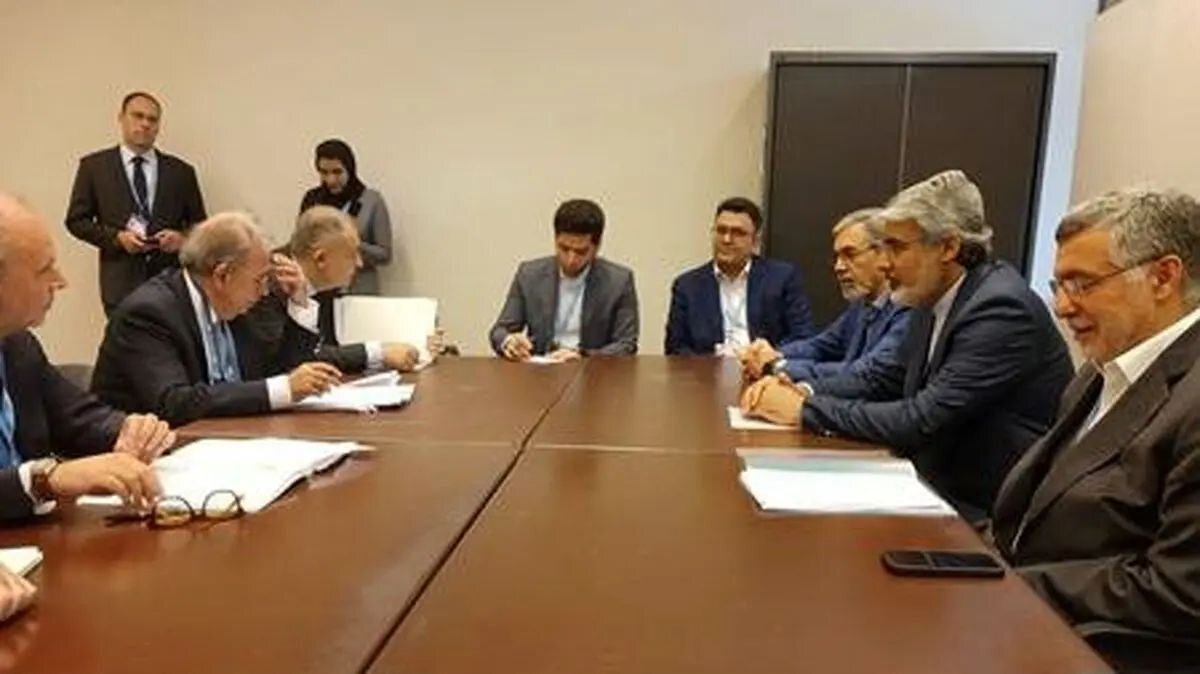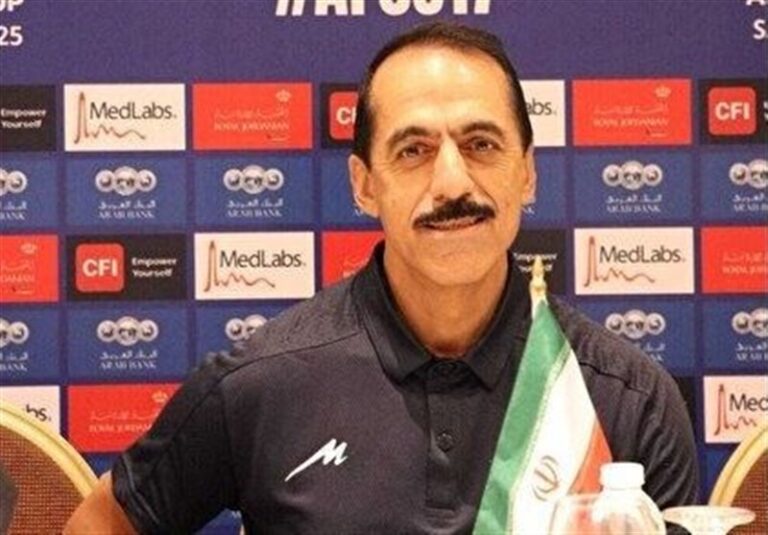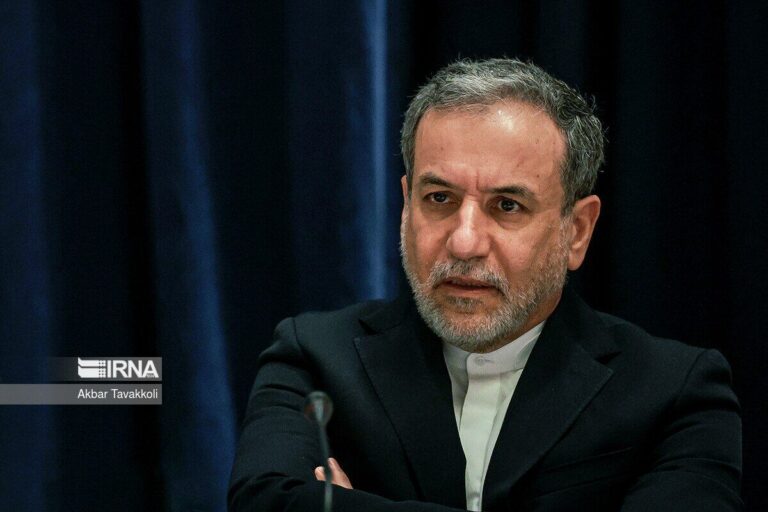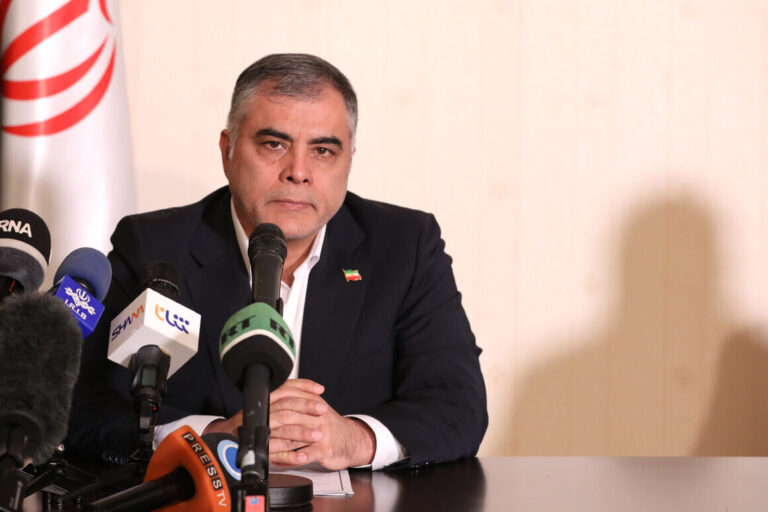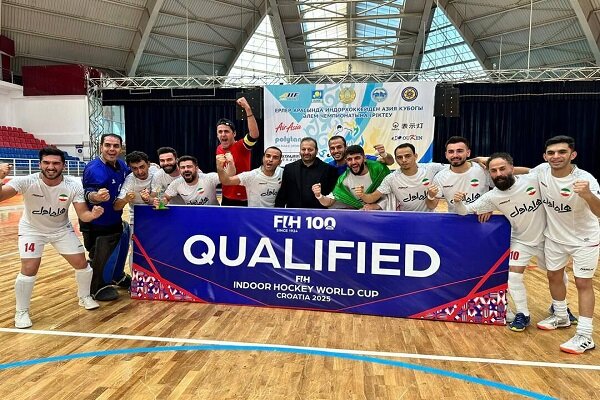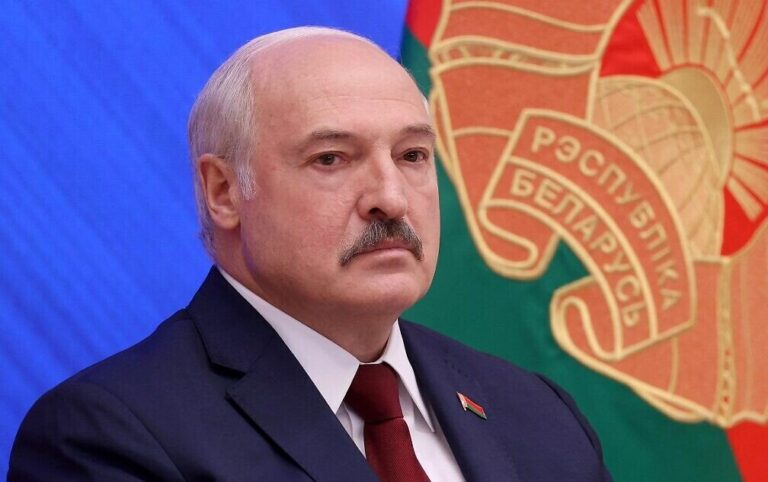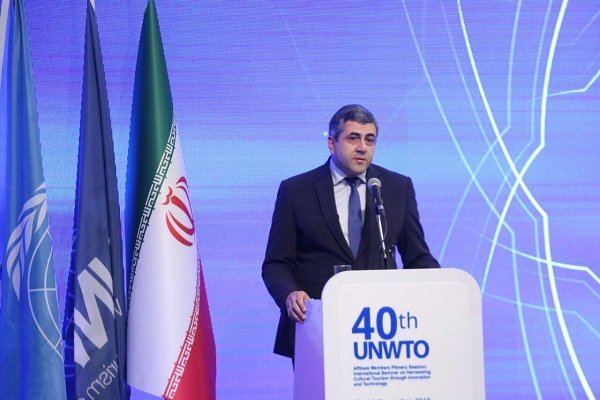Iran and Italy Forge Stronger Health Partnerships: A Boost for Global Healthcare Collaboration
In a significant development for global health collaboration, Iranian Health Minister Mohammad-Reza Zafarqandi and Italian Health Minister Orazio Schillaci have initiated discussions aimed at enhancing cooperative efforts in the health sector. The focus of these discussions includes critical challenges such as the aging population and the advancement of digital health technologies. This meeting took place during the 78th World Health Assembly (WHA), which commenced on May 19 and is set to continue until June 27 in Geneva, Switzerland.
Minister Schillaci elaborated on Italy’s health programs, emphasizing that the nation’s health system prioritizes both prevention and the promotion of health. The Italian health strategy highlights key initiatives, including:
- Aging and Health: Addressing the needs of an increasingly aging population.
- Digital Health Transformation: Implementing technology to enhance health services and patient care.
With Italy grappling with an aging demographic, Schillaci pointed out that their health policies focus significantly on care and prevention strategies. In response, Minister Zafarqandi showcased Iran’s robust capabilities in the health sector, expressing Iran’s eagerness to share valuable experiences in various domains, including:
- Primary Healthcare System: Insights into Iran’s effective healthcare model.
- Family Physician Program: Strategies for improving patient care through family-centered approaches.
- Referral Systems: Efficient pathways for patient management and treatment.
Zafarqandi noted, “The two countries have signed various memoranda of understanding in the field of health, including medicine, medical equipment, and medical education. We are keen to foster cooperation and discuss ways to implement the agreements we have achieved.”
Both ministers acknowledged that Iran and Italy face similar public health challenges, particularly with respect to the aging population and the rise of non-communicable diseases. To address these challenges, Zafarqandi proposed the creation of a comprehensive list of cooperation capacities and the establishment of a working group dedicated to sharing best practices and enhancing bilateral ties.
In a bid to strengthen health diplomacy, Minister Zafarqandi has also engaged in discussions with his counterparts from Switzerland and Saudi Arabia. These meetings are part of a broader strategy to expand international collaboration in health.
Highlights of the 78th World Health Assembly
The theme for this year’s World Health Assembly, “One World for Health,” emphasizes the importance of global solidarity in addressing health challenges. WHA78 is a crucial gathering that unites high-level representatives from various countries to tackle pressing health issues. Key points of discussion include:
- Emerging Health Threats: Addressing new challenges in global health.
- International Development: Adapting to significant shifts in health policies and practices.
This year’s theme reinforces the World Health Organization’s (WHO) commitment to equity in health, asserting that everyone, regardless of their circumstances, deserves the opportunity to lead a healthy life.
During the assembly, participants will reflect on both current and future priorities in global health. According to Alireza Biglari, an official with the Iranian health ministry, member states will express their views on various health-related documents. Zafarqandi is scheduled to deliver a statement regarding 35 specific documents pertinent to Iran’s health system, which will encompass:
- 29 documents related to general health activities
- 6 documents focusing on specific departmental activities and international cooperation
Additionally, the assembly will address critical topics such as budget and financial considerations, the membership status of participating states, auditing processes, and issues raised during the WHO executive board sessions. A total of 56 topics are set to be discussed in the form of formal documents during WHA78.
On the sidelines of the assembly, Minister Zafarqandi is expected to hold meetings with health ministers from various countries, including:
- Switzerland
- Italy
- Qatar
- Oman
- Iraq
- Saudi Arabia
- India
- Cuba
- WHO Director for the Eastern Mediterranean Regional Office (EMRO)
These engagements aim to foster deeper ties and collaborative efforts in health on a global scale.
